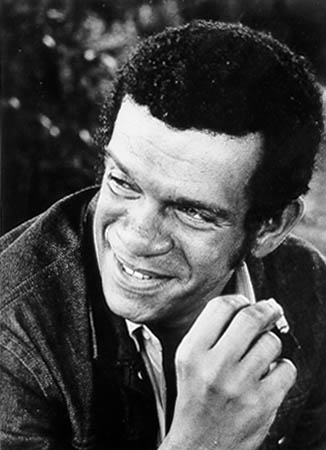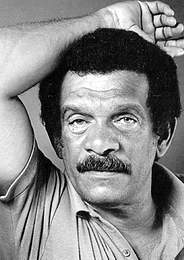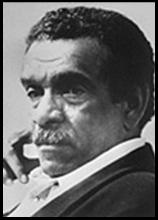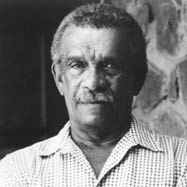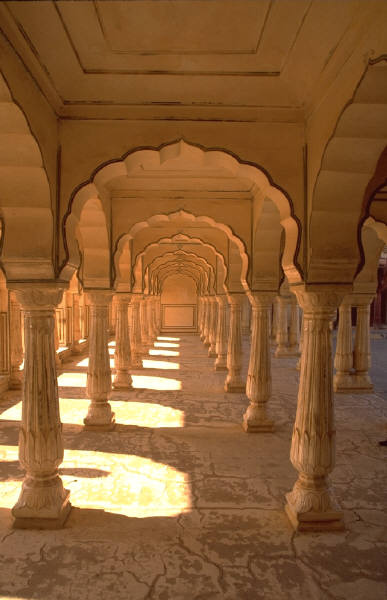LITR 5734:
Colonial & Postcolonial Literature

Student Poetry Presentation 2008
Thursday, 7 February: Things Fall Apart (52-161; through chapter 18)
· Poetry reading from Walcott: “A Far Cry from Africa” (17-18)
reader: Cynthia Stone
Derek Walcott – From In A Green Night
A Far Cry from Africa
A wind is ruffling the tawny pelt
Of Africa. Kikuyu, quick as flies
Batten upon the bloodstreams of the veldt.
Corpses are scattered through a paradise.
But still the worm, colonel of carrion, cries:
'Waste no compassion on these separate dead'
Statistics justify and scholars seize
The salients of colonial policy.
What is that to the white child hacked in bed?
To savages, expendable as Jews?
Threshed out by beaters, the long rushes
break
In a white dust of ibises whose cries
Have wheeled since civilization's dawn
From the parched river or beast-teeming plain;
The violence of beast on beast is read
As natural law, but upright man
Seeks his divinity by inflicting pain.
Delirious as these worried beasts, his wars
Dance to the tightened carcass of a drum,
While he calls courage still, that native dread
Of the white peace contracted by the dead.
Again brutish necessity wipes its hands
Upon the napkin of a dirty cause, again
A waste of our compassion, as with Spain.
The gorilla wrestles with the superman.
I who am poisoned with the blood of
both,
Where shall I turn, divided to the vein?
I who have cursed
The drunken officer of British rule, how choose
Between this Africa and the English tongue I love?
Betray them both, or give back what they give?
How can I face such slaughter and be cool?
How can I turn from Africa and live?
Derek Walcott was born in 1930 in Saint Lucia, which at the time was under British Rule. Both of Walcott’s grandmothers were once slaves (Africans) and both of his grandfathers were British colonizers. Walcott’s personal experience of living with survivors of slavery and on an island that was colonized by the British is reflected in his work.
The poem starts by depicting the bloody battle that took place in the 1950’s between the Kikuyu and British settlers. The Mau Mau in the poem are a terrorist faction of the Kikuyu that formed as a rebellion against the British. The Mau Mau are a vicious group who vowed to rid Africa of European influence. Unfortunately this cause civil war to break out because the rest of the Kikuyu either wanted to stay neutral or aided the British in the efforts to defeat the Mau Mau and in settling in Africa.
In this poem you can see/hear the internal struggle that Walcott is going through and that any colonized people have to face. He not only uses words to express his emotional distress but he refers to a historical event that was just as twisted as his emotions. The war between the Mau Mau and the British is the physical depiction of the internal war that Walcott has to deal with because of his mixed heritage.
Alongside the historical references Walcott uses examples from the animal kingdom to describe the actions of the poem’s subjects. Interestingly enough the Kikuyu are compared to flies and the British to worms. The only other animal in the poem is a flock of ibises which are plumed in black and white. http://www.oiseaux.net/photos/cedric.girard/african.sacred.ibis.1.html
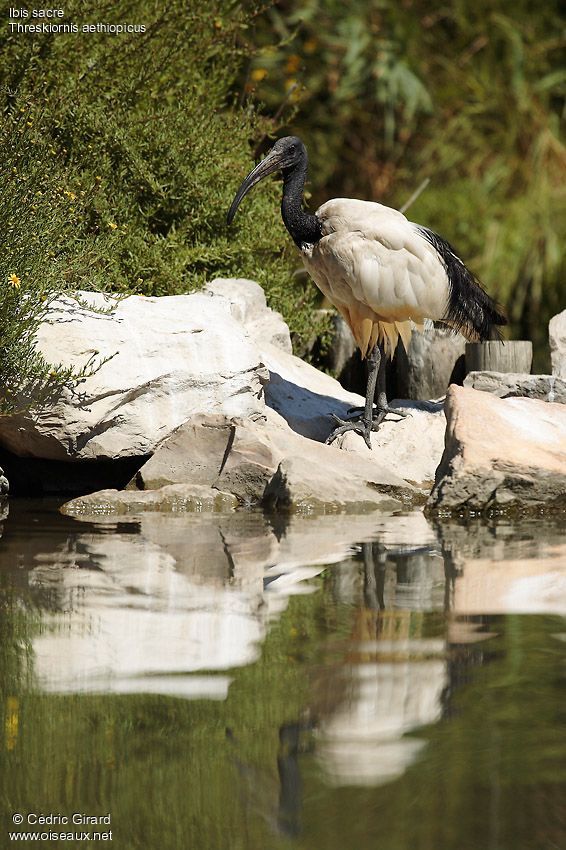
Yet another image of Walcott’s and Africa’s dilemma.
Questions:
1. The conflict of loyalty and betrayal of the self - which side should he support and which does he turn from? Is there a right and a wrong side?
2. What would ‘you’ as an individual and ‘us’ as a group/society do if the tables were reversed and we America was mass re-colonized – if Africa or China successfully invaded and conquered America?
Photos of Derek Walcott
|
|
|
|
|
|
|
|
|
